Just over two years ago, we debuted the first edition of the “Handpicked by Heather” blog series to promote a curated selection of on-demand programming available to WTIU members via the PBS Passport benefit. Today, we are bringing the series to a close as I prepare (with all kinds of mixed emotions) to depart the station for a new professional opportunity that will allow my family and me to spend more time in our second-favorite state in the country.
The decision to leave was not an easy one. My daily interaction with you, our members, has been among the most rewarding work experiences of my life. Both WTIU and WFIU members are the most loyal, kind, and appreciative donors I have met in my 24 years in the fundraising field. I have so enjoyed bringing the best in entertaining and informative programming options to our members, and I hope that, in this small way, I have made a positive difference for you.
Speaking of making a difference, I am closing out the series with a look at America’s history of activism. The story of resistance in the U.S. goes back to the very founding of our country and continues to be a force today. With this final edition of “Handpicked by Heather,” I invite you to explore the unique legacy of activism in America when you tune in with the WTIU PBS Passport member benefit.
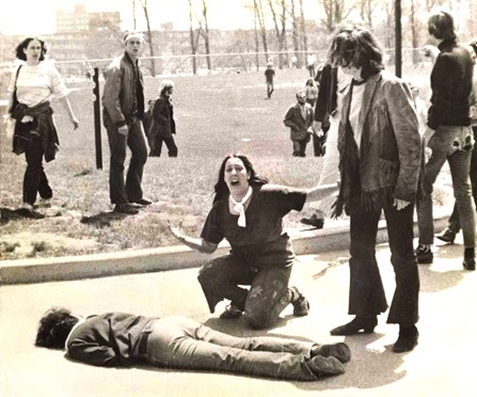
The Day the ’60s Died
Fifty-five years ago this week, four students were shot dead by Ohio National Guardsmen as they and some 300 others protested the U.S. expansion of the Vietnam War into Cambodia. The mayhem that followed prompted many to call it the most divisive moment in American history since the Civil War. Today, it seems impossible to think that the tragic outcome of the Kent State protests could ever be repeated. But as the country becomes perhaps even more divided than it was in the aftermath of May 4, 1970, it is important to consider whether history is capable of repeating itself. Featuring gripping interviews with survivors, journalists, and political leaders, along with archival footage, the PBS documentary The Day the ’60s Died reveals how the Kent State tragedy continues to reverberate 55 years later.
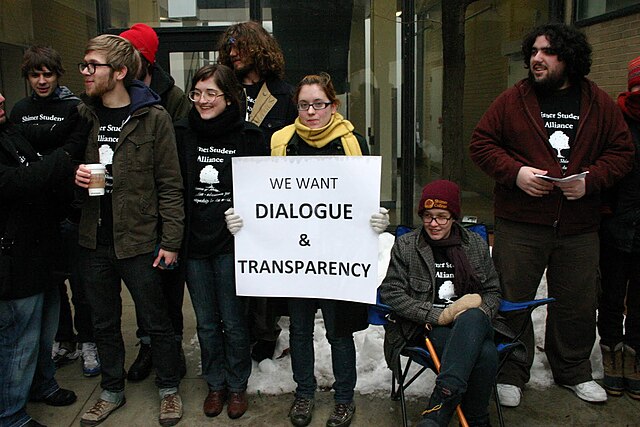
Citizen Better: Student Activism
From the Civil Rights and anti-Vietnam movements of the 1960s to the more recent Black Lives Matter and anti-war protests around Ukraine and Gaza, college campuses have long served as incubators for activism. Why is it that so many social and political movements are initiated by young people? In the series Citizen Better host KJ Kearney explores ways that all of us, regardless of our age, can be civically engaged in everyday life, not just on election day. In the “Student Activism” episode, KJ talks with historians and activists to find out why college students have always and continue to be at the forefront of resistance and change. All WTIU viewers can tune in to this short program to learn what inspires young people to stand up and fight back.
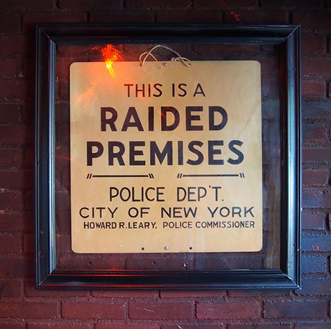
American Experience: Stonewall Uprising
Six years ago, I was strolling around Lower Manhattan between meetings during a work trip to New York when I happened upon the Stonewall Inn in Greenwich Village and, unaware of its significance in history, was struck by the numerous rainbow flags, signs, and bunting adorning the façade. The historic marker mounted on the brick edifice revealed the story—it was on that very spot that police raided the bar fifty years prior, triggering a full-blown uprising by members of the LGBTQ+ community and its allies. In the words of that plaque, this uprising “catalyzed the LGBTQ civil rights movement, resulting in increased visibility for the community that continues to resonate in the struggle for equality.” One year after the riots, the first Pride marches were held in several U.S. cities. Today, we continue to commemorate the Pride movement during the month of June—the same month that the Stonewall Inn erupted in protests 56 years ago. In Stonewall Uprising, first-hand accounts from both police and rioters, along with original film footage, reveal the story of June 28, 1969, when patrons stood up against the authorities, launching the modern gay rights movement in the United States and around the world.
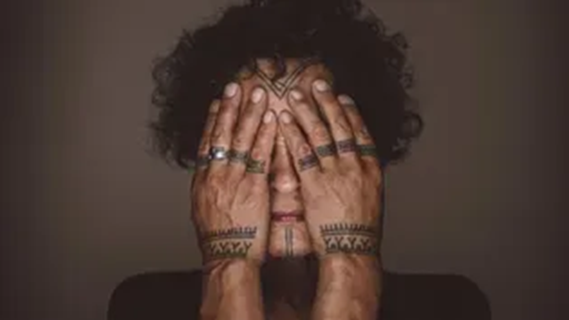
POV: Twice Colonized
Many of us are familiar with the injustices forced on the Indigenous people of the United States throughout our history, but we may not realize that a parallel tragedy was unfolding much further to the north over the last 300 years. The Inuit people were originally colonized by Danish settlers in Greenland beginning in the 18th century. Centuries later, they were again forced to submit to modern-day Canadian policies, thus becoming “twice colonized.” As a little girl, Inuit tribal member Aaju Peter was sent to Denmark where she was made to not only change her name but her entire existence. Until the age of 18, Aaju was assimilated into Western culture against her will, losing her family ties, her language, and her sense of self. As an adult, she became a lawyer and activist, working to defend the human rights of Indigenous peoples. The “Twice Colonized” episode of POV documents the life of this fierce protector of her ancestral lands as Aaju works to bring her colonizers to justice. Winner of the 2024 Canadian Screen Award for best feature length documentary, “Twice Colonized” follows Aaju’s inspiring efforts to give voice to Indigenous people while healing her own wounds in a deeply personal journey.
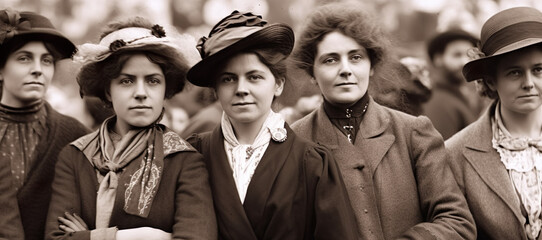
Not for Ourselves Alone: The Story of Elizabeth Cady Stanton and Susan B. Anthony
I have wonderful memories of my great-grandmother, who for me was a living history book with her many stories of living through monumental moments of the 20th century. She was 22 years old in 1920 when, for the first time in history, she and more than 8 million American women exercised their newly won right to vote. My grandma was a young mother married to a domineering man, who had little autonomy over her own life, but on that day, her voice counted. Thanks to the contributions of Elizabeth Cady Stanton and Susan B. Anthony, who dedicated their lives to birthing the women’s movement, my grandma—and all American women—have had a voice in determining the leadership of our nation. Learn more about these two very different women, unified by one allegiance, when you watch this two-part film by Ken Burns and Paul Barnes with your WTIU PBS Passport member benefit.
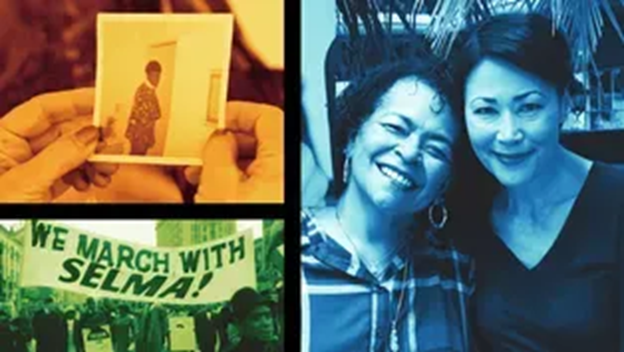
We’ll Meet Again: Freedom Summer
“It became evident that we probably gonna be dying for this cause forever.” These are the words of Ronnie Moore-- who as a 24-year-old in 1964 trained Freedom Summer volunteers to register Black voters--reflecting on the brutal murders of three of those volunteers: James Chaney, Michael Schwermer, and Andrew Goodman. Two other volunteers, Fatima Cortez-Todd and Sherie Labedis, were teenagers from very different worlds in the early 1960s when they each traveled to the American South to join the struggle for civil rights in a moment that would impact their lives in ways they couldn’t have begun to imagine at the time. Through rare footage and personal accounts, meet these two women, one black, one white, who risked their young lives in the fight for civil rights. In this dramatic episode of We’ll Meet Again, host Ann Curry joins Fatima and Sherie as they each return to the South to reunite with fellow civil rights activists who changed the the world—and each other—forever.







